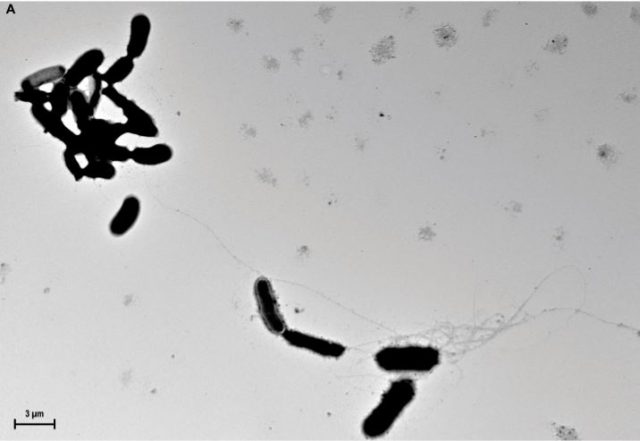The bacteria that inhabit the rodent gut promote insulin secretion and food intake by activating the parasympathetic nervous system — a hitherto unknown mode of action for this multifaceted microbiota. See Article p.213
Nature 534 185 doi: 10.1038/534185a




 Even the dumbest cars on the market today are surprisingly smart. Many of them not only know how much fuel they’re using and how fast they’re going, but they know when you need a replacement for vital components or a top-off on important fluids. But cars can usually only tell you through that pesky check...
Even the dumbest cars on the market today are surprisingly smart. Many of them not only know how much fuel they’re using and how fast they’re going, but they know when you need a replacement for vital components or a top-off on important fluids. But cars can usually only tell you through that pesky check... 
